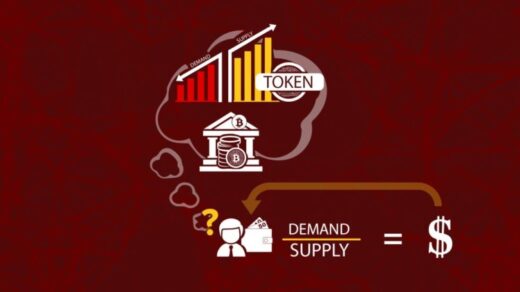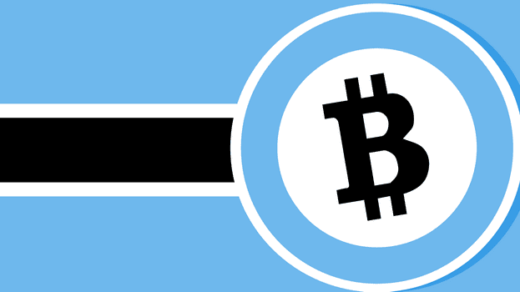The use and regulation of crypto assets in Ghana are topics that have been under scrutiny in recent years. As of now, the use of cryptocurrencies within Ghana’s financial system remains illegal, as per the statements of government officials and regulatory bodies.
In this article, we will provide an overview of the current regulatory landscape and explore the initiatives and sandbox environments set up by the government to understand the future of crypto asset regulation in Ghana.
Current Legal Status
The Minister of State at the Finance Ministry, Dr. Amin Adam, has made it clear that the Ghanaian government is yet to develop a comprehensive framework for crypto assets transactions in the country. Until such a framework is established, all financial institutions, including banks, are prohibited from handling crypto assets. This stance is reinforced by a directive issued by the Bank of Ghana (BoG) in 2022, which cautioned banks and other financial entities against engaging in crypto assets transactions through their platforms or agent outlets.
The central tenet of this regulatory approach is to ensure the security of the financial system and protect the interests of investors while mitigating risks associated with cryptocurrencies. However, while crypto assets transactions are currently banned, associated technologies such as blockchain and distributed innovations are allowed to be explored within a regulatory sandbox.
The Regulatory Sandbox
The Bank of Ghana launched a regulatory and innovation sandbox pilot in 2021, with the aim of testing innovative financial products, services, and business models under regulatory supervision. The sandbox, designed to encourage experimentation and innovation, specifically prioritizes products and services that leverage blockchain technology and remittances, among other areas.
The sandbox categories given preference include:
- Blockchain technology
- Remittance products
- Crowdfunding products and services
- e-KYC platforms
- RegTech (regulatory technology)
- SupTech (supervisory technology)
- Digital banking
- Products and services targeting women’s financial inclusion
- Innovative merchant payment solutions for MSMEs
In 2022, the Bank of Ghana took another step towards fostering innovation by launching a regulatory and innovation sandbox in collaboration with EMTECH Solutions, a software services firm focusing on central banks. This sandbox aims to facilitate small-scale, live testing of innovations by innovators, and the bank has invited innovators to join the first cohort of this sandbox.
The Role of the Securities and Exchange Commission (SEC)
The Securities and Exchange Commission (SEC) plays a vital role in regulating financial markets in Ghana. The SEC issued a public warning in March 2019, stating that crypto assets offered by unregistered and unlicensed entities on digital online trading platforms are not sanctioned or registered by the SEC. The warning emphasized that popular crypto assets like Bitcoin, Ethereum, and others are not recognized as currency or legal tender in Ghana, and the platforms facilitating their trade are not licensed or regulated by the SEC.
It’s important to note that, as of now, the SEC does not regulate these types of products or their online trading platforms. Therefore, individuals investing in crypto assets do so at their own risk and are not protected under Ghana’s securities law regime.
Conclusion
The regulation of crypto assets in Ghana remains a complex and evolving issue. While current regulations strictly prohibit the use of cryptocurrencies within the financial system, the government and regulatory bodies are actively exploring opportunities for innovation through regulatory sandboxes.
Ghana’s approach indicates a commitment to balance innovation with financial stability and investor protection. It is evident that regulatory frameworks for crypto assets in Ghana are still in their infancy, and stakeholders are encouraged to stay informed about evolving regulations in this rapidly changing landscape.
As the world of digital assets continues to evolve, Ghana’s regulatory stance on cryptocurrencies will likely adapt to accommodate this transformative technology while addressing potential risks and concerns. Ultimately, the future of crypto asset regulation in Ghana will depend on the development of a comprehensive regulatory framework that balances innovation with security and investor protection.




